The ACLU protects some of the worst elements of our society: hate groups, sexual predators and violent criminals while at the same time fighting to reduce victims’ rights.
Read the real stories about the ACLU.
Hate Groups Sexual
Offenders Weakening
Public Safety Undermining
Victims' Rights Dangerous
Bail Reform

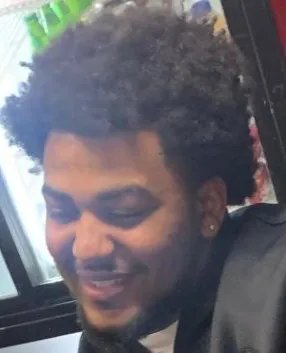
Prosecutors are asking a Franklin County Common Pleas Court judge to increase the bond set for a teenager who, when released on house arrest for an unrelated crime, is accused of fatally shooting a man at Westland Mall.
Javontae Williams, 17, of the South Side, was arrested in October in connection with the Sept. 20 shooting death of 21-year-old Sage Martin outside the former Westland Mall on the West Side.
Williams was charged with a delinquency count of aggravated murder in the case, and prosecutors requested he be tried as an adult.
A police source told The Dispatch that Williams had been on electronic monitoring with GPS under a court order from county juvenile court in an unrelated case in early 2020. On July 6, two and a half months before Williams is accused of killing Martin, Williams was removed from the electronic monitoring and placed on what is commonly known as “honor system house arrest.”
Read Full Article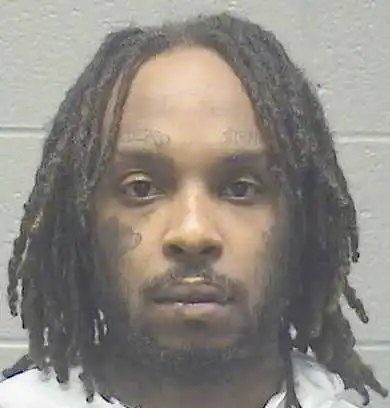
A four-time convicted gun offender who was free on a recognizance bond for allegedly injuring two officers who tried to escort him out of a hospital in March nearly killed two more cops with his car last week as he tried to escape a traffic stop, prosecutors said. And the man allegedly had another gun when police caught up with him on Tuesday.
Jermaine Little is the 37th person accused of killing, trying to kill, or shooting someone in Chicago this year while on felony bond.
On March 27, Judge Arthur Willis gave Little a recognizance bond after prosecutors said he injured two officers who tried to escort him out of the University of Illinois Medical Center. According to the allegations, police went to the hospital because staff members activated a panic alarm when Little became aggressive and refused to leave after they declined to treat him for a recent gunshot wound because he showed up 20 minutes late for an appointment.
Read Full Article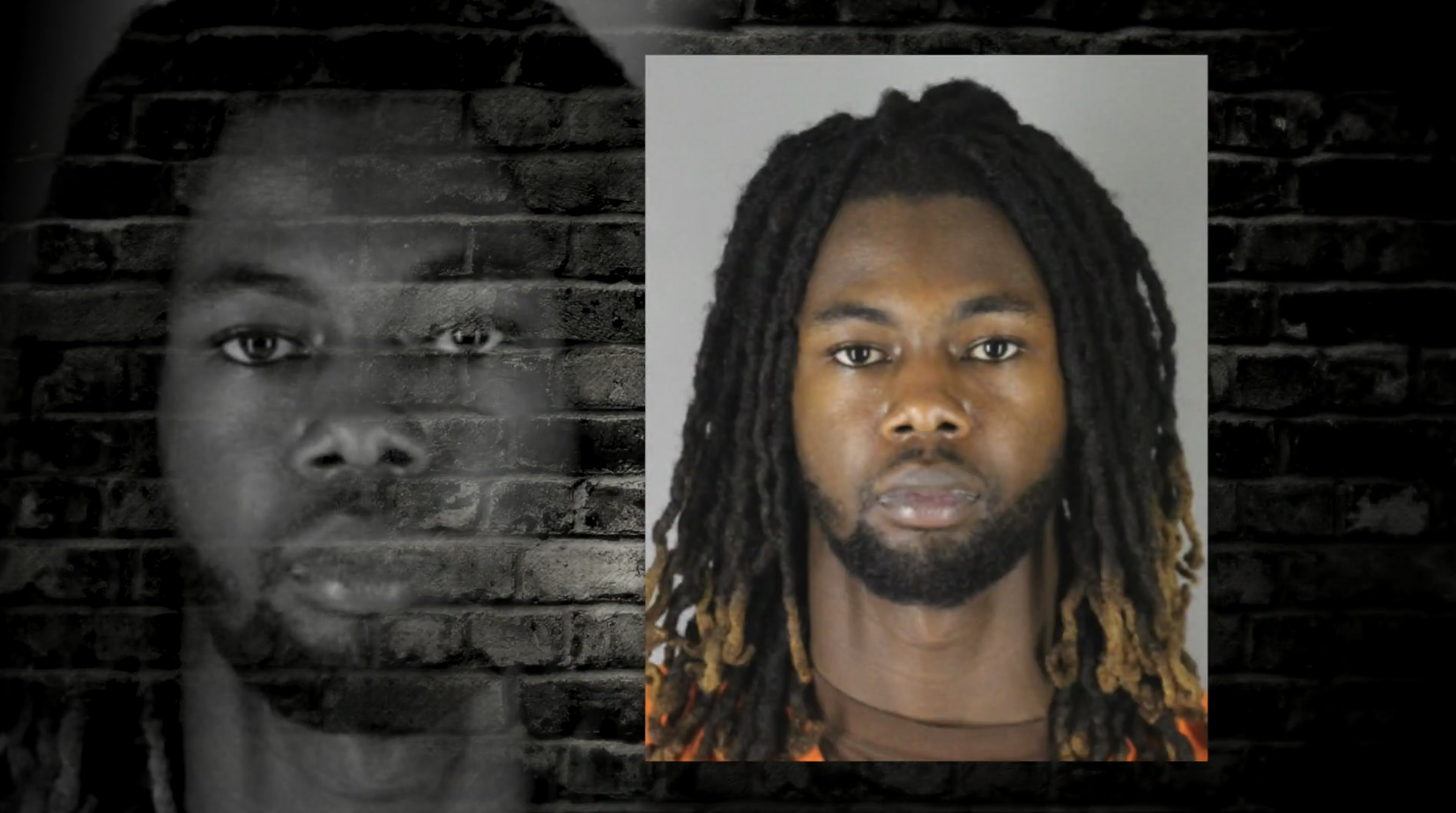
A man charged with murder after police say he opened fire outside a nightclub over the weekend is accused of doing the same thing back in 2019.
Jawan Carroll is scheduled to go to trial in a few weeks for a downtown shooting two years ago. Before that could happen, Minneapolis police said he shot and killed two people Saturday morning.
A Friday night out became a frantic and frightening scene. Nine people were shot outside Monarch Nightclub. Two people were killed. And one man, Carroll, is facing a slew of murder charges.
“Something like this situation where you literally have a trial coming up later this month and you continue to get these types of offenses is unacceptable,” said Joe Tamburino, criminal defense attorney. He’s not connected to any of the cases mentioned, however he is concerned over how the justice system allowed Carroll the freedom to allegedly commit another violent crime.
Read Full Article
Questions are being raised about the man who admitted to police that he had killed another homeless man at an encampment located in the park next to the King County Courthouse.
Michael Sedejo had been accused of assaulting another man at City Hall Park in April but was released from jail after a bail reform group paid his bail.
According to court documents, Sedejo admitted to police after his arrest Thursday that he killed Bradley Arable after the two men had fought. He allegedly told police that he was trying to strangle Arable when the victim possibly used a box cutter to slash at Sedejo’ s back and neck.
Read Full Article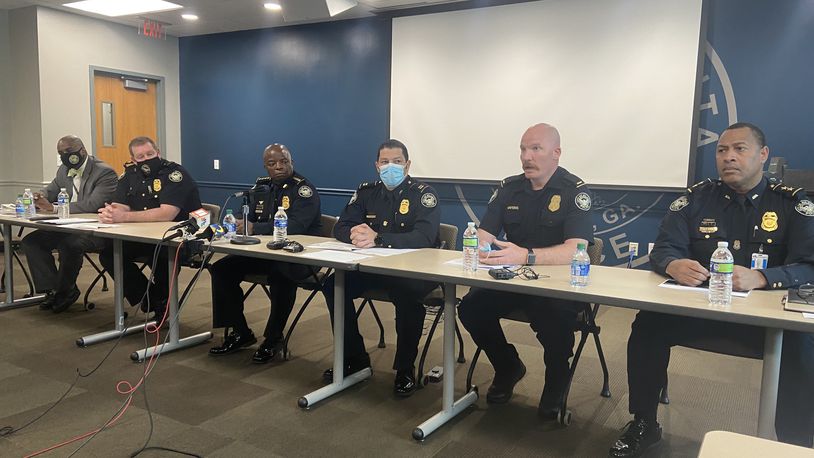
It’s a perennial issue in Atlanta. Suspects who are arrested and later released from jail often commit additional crimes while out on bond.
But the pattern of “revolving door” offenses has been exacerbated in recent months, a result of a global pandemic that brought the court system to a screeching halt and the backlog of cases that followed.
Now, Atlanta police find themselves arresting the same people over and over, frustrated department leaders said this week.
Read Full Article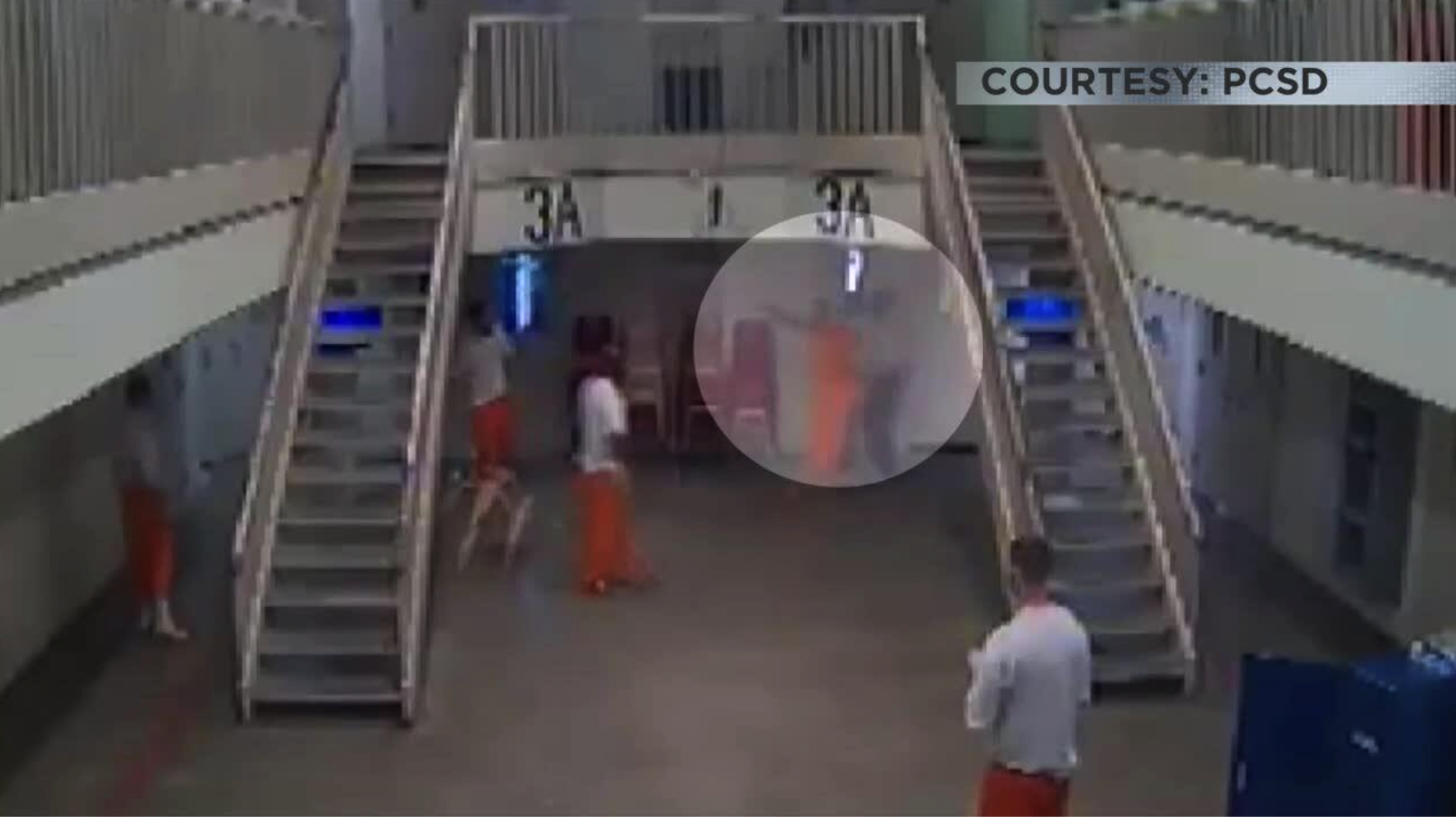
A man who detectives believe murdered his girlfriend before taking a family hostage on Tucson’s southside last week had a history of domestic violence against the woman he killed.
Authorities said Brandon Watts killed Flor Del Mar Hernandez Tapia the morning of Sept. 7 at a home near Reid Park, then barricaded himself in a motel, taking a mother and her four children hostage.
Now, many are wondering if Watts should have been out on the streets in the first place.
“If you’ve been accused of a violent crime, then sit in jail and wait for your trial,” said Pima County Sheriff Chris Nanos.
Read Full Article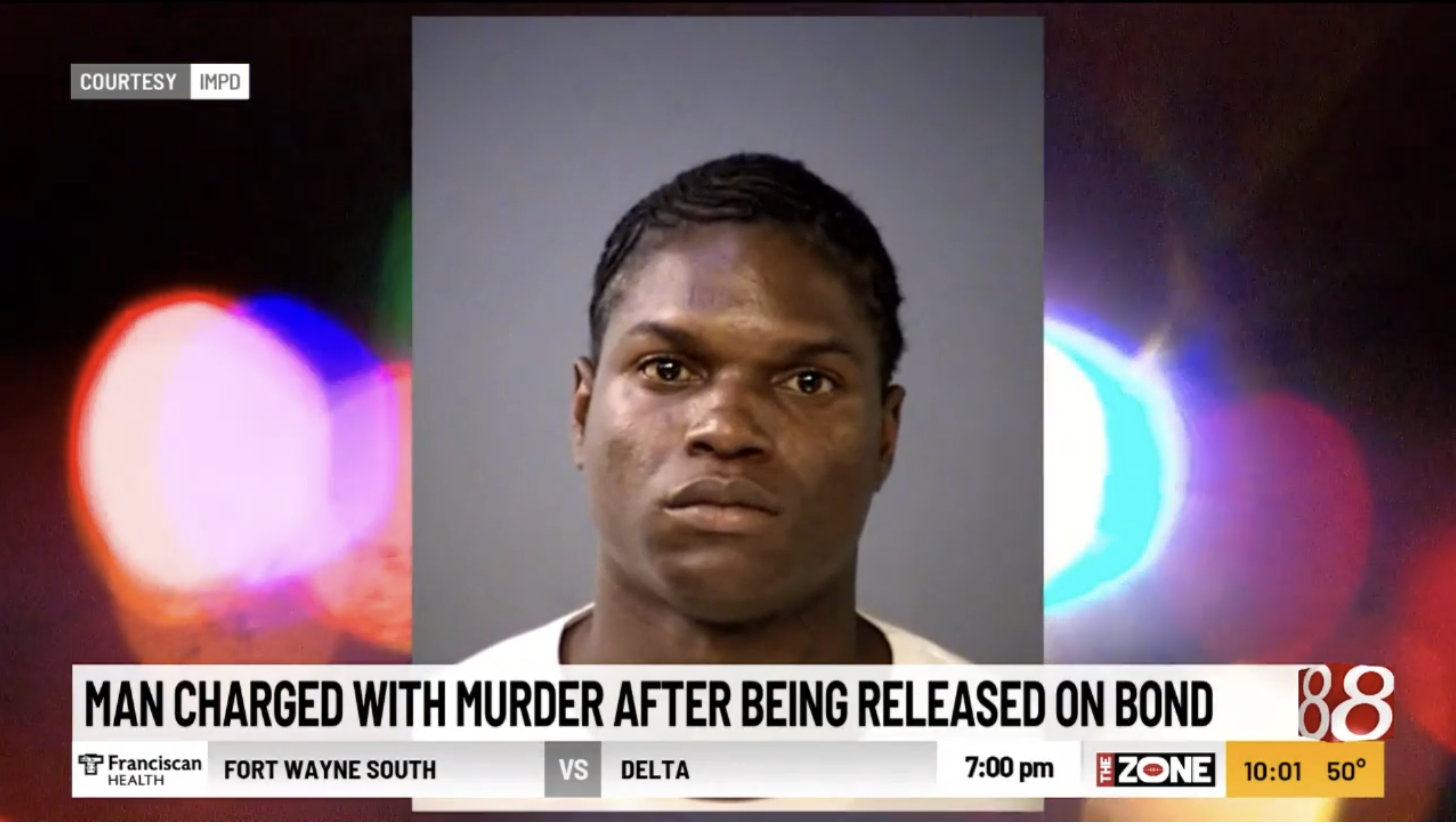
Travis Lang, 23, has been arrested for murder after his release from jail earlier this year on bond in a case where he was facing drug charges.
According to court documents his bond was paid by The Bail Project.
It’s the second time this year that the organization has covered someone’s bail in Marion County and the suspect has gone on to commit a murder.
Read Full Article
Nicholas Johnson was out on bond awaiting a trial for a double homicide when he was accused of driving a car involved in a shooting that killed one man in May.
Johnson was arrested in June for accessory after the fact of a felony for the killing of Rahiem Fortune, who died in his car at a Darlington apartment complex’s parking lot. In 2017, he was charged with two counts of attempted murder, accused of shooting at people inside of a vehicle.
Johnson is one of a handful of people charged this year in connection with shootings and murders who were out on bond when the new crimes occurred.
Read Full Article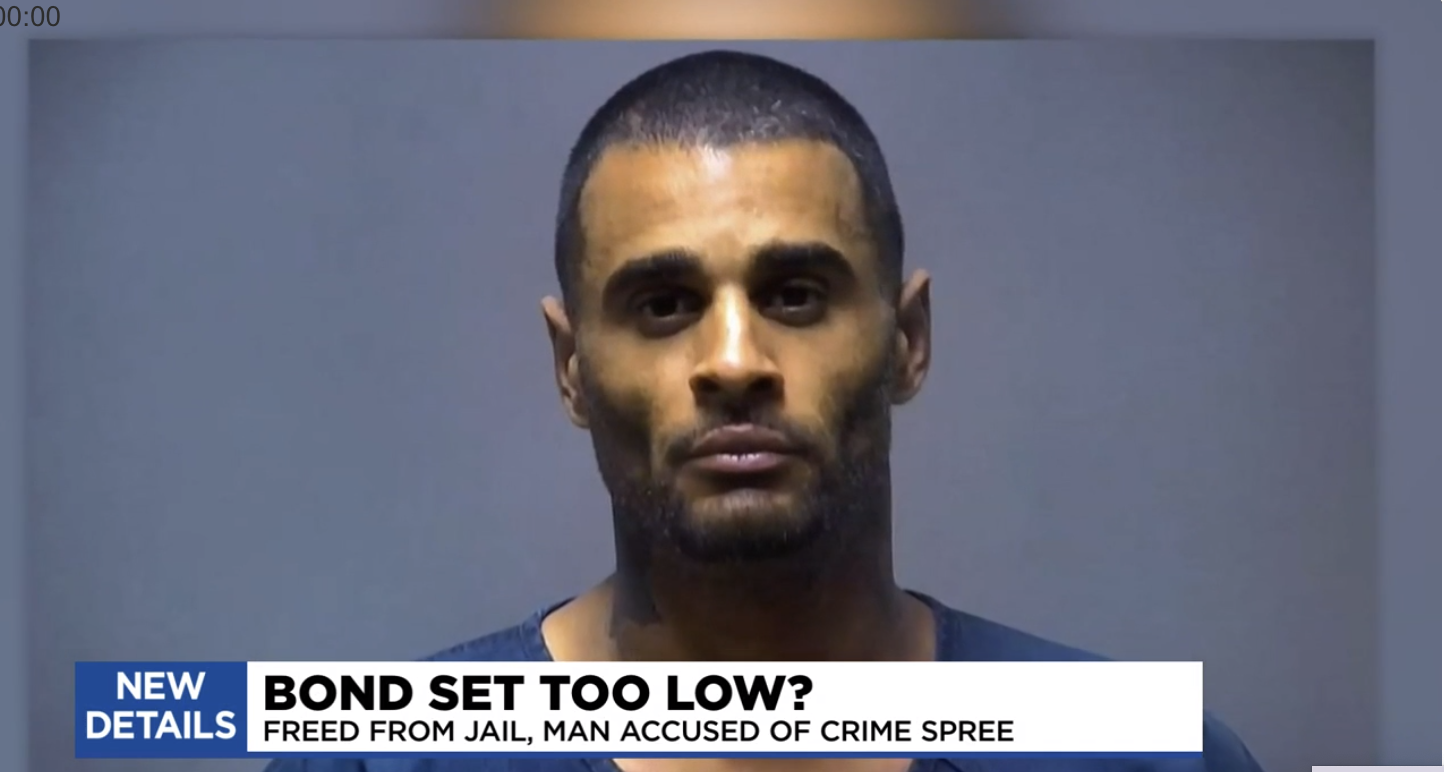
Isaiah Gardenhire is accused of stabbing a 13-year-old girl to death and committing other crimes while out on bond. He is in the Isabella County jail on a litany of felony charges and was out on bond in a case in Mason County.
“The events following Mr. Gardenhire’s release from Mason County are incredibly tragic,” said Mason County Prosecutor Lauren Kreinbrink.
Gardenhire was bonded out of the Mason County jail in May for $750, 10 percent of the $7,500 bond that was set after Gardenhire was arraigned for a second-degree criminal sexual conduct charge. The alleged crime against a 12-year-old girl happened in Mason County in 2015.
Gardenhire is now facing felony charges in Isabella County. Investigators accuse him of killing a 13-year-old girl and sexually assaulting two women this week. Prosecutor Kreinbrink isn’t sure a steeper bond would’ve made a difference in what happened.
Read Full Article
The attack happened on the 800 block of Post Street around 10:15 a.m., as NBC Bay Area first reported via the SFPD. The victim was stabbed multiple times by an unknown assailant, but she is expected to survive.
As the Chronicle reports, police obtained a surveillance image of the suspect, circulated it among officers, and identified him as 35-year-old Daniel Cauich. Cauich was released from jail earlier this month and was awaiting trial on a burglary charge. Officers located him Wednesday on the 1300 block of Clay Street and arrested him for the stabbing.
Cauich now faces charges of attempted murder and elder abuse, among others. Investigators have yet to say whether they believe this was a hate crime.
Read Full Article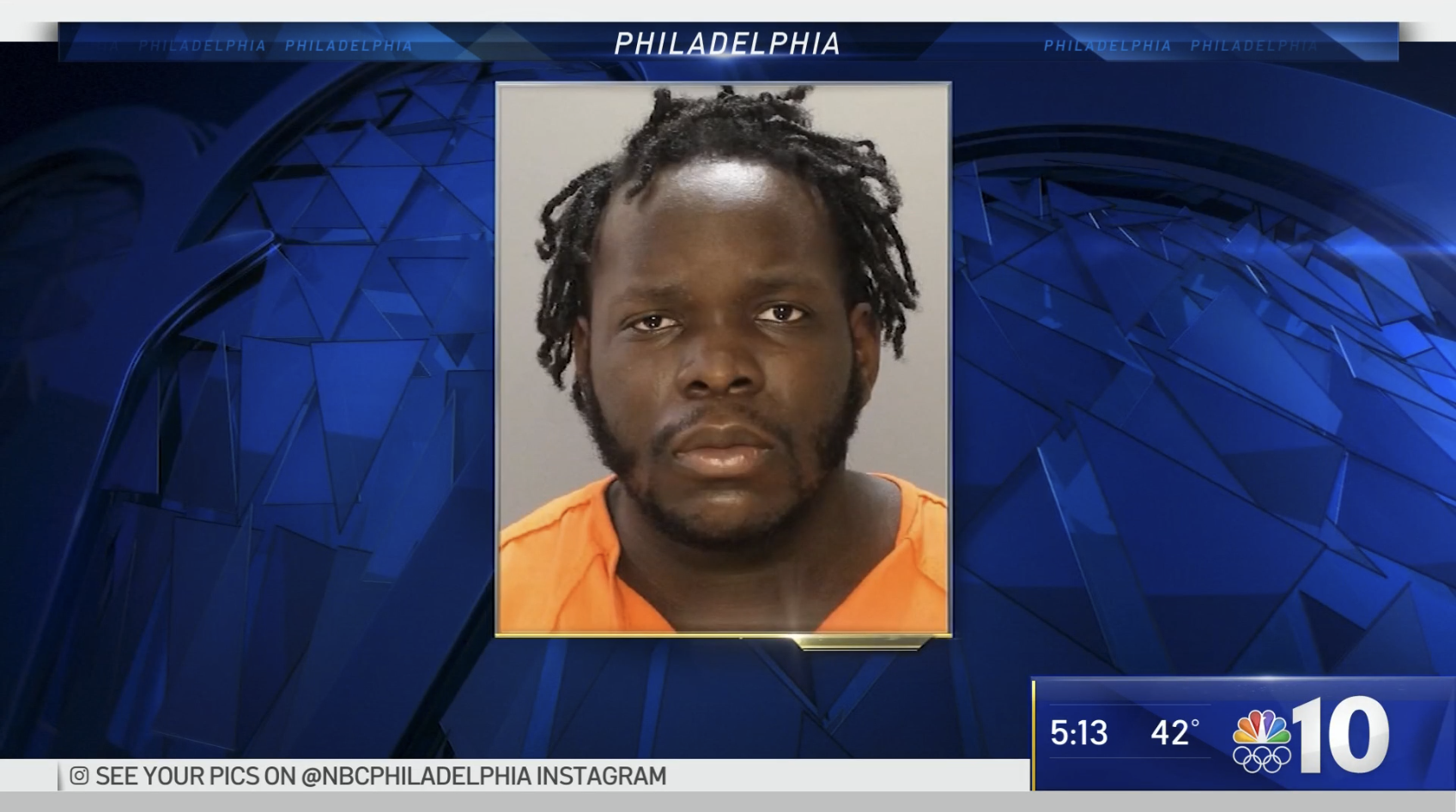
As loved ones mourn a Temple University grad who was gunned down while walking his dog, many are questioning why the murder suspect’s bail amounts for previous offenses were reduced, allowing him to be released from jail two weeks before the shooting.
Josephus Davis, 20, was arrested and charged with the murder of Milan Loncar.
On Wednesday, Loncar, 25, was walking his dog near 31st and Jefferson streets in Philadelphia’s Brewerytown neighborhood when two people approached him. Surveillance video released by police showed the suspects reaching into Loncar’s pockets. Loncar was then shot and killed.
Read Full Article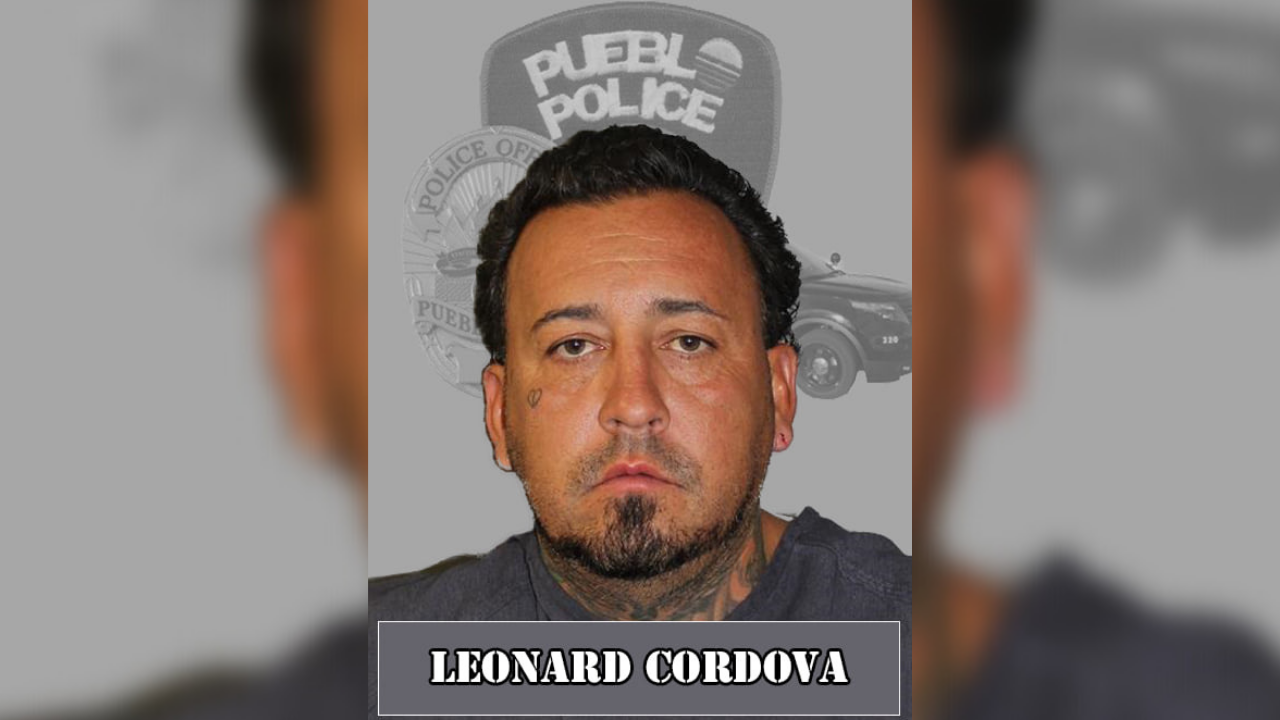
Pueblo police arrested a man who allegedly shot his ex-girlfriend and a friend.
Sunday at 11:13 p.m., officers with the Pueblo Police Department were dispatched to a local hospital on reports of a shooting. According to police, two women had walked into the emergency room with gunshot wounds. Both women were hit on the lower half of their bodies.
Police identified the suspect as 42-year-old Leonard Cordova. Officers found and arrested Cordova at his house. He was booked into the Pueblo County Detention Center on the charges of Attempted 1st Degree Murder, 2nd Degree Assault, and Domestic Violence.
The Pueblo Police Department says Cordova was recently arrested on September 15 for several charges, including Violation of Restraining Order. During the time of Sunday’s shooting, he was out of jail on bond.
Read Full Article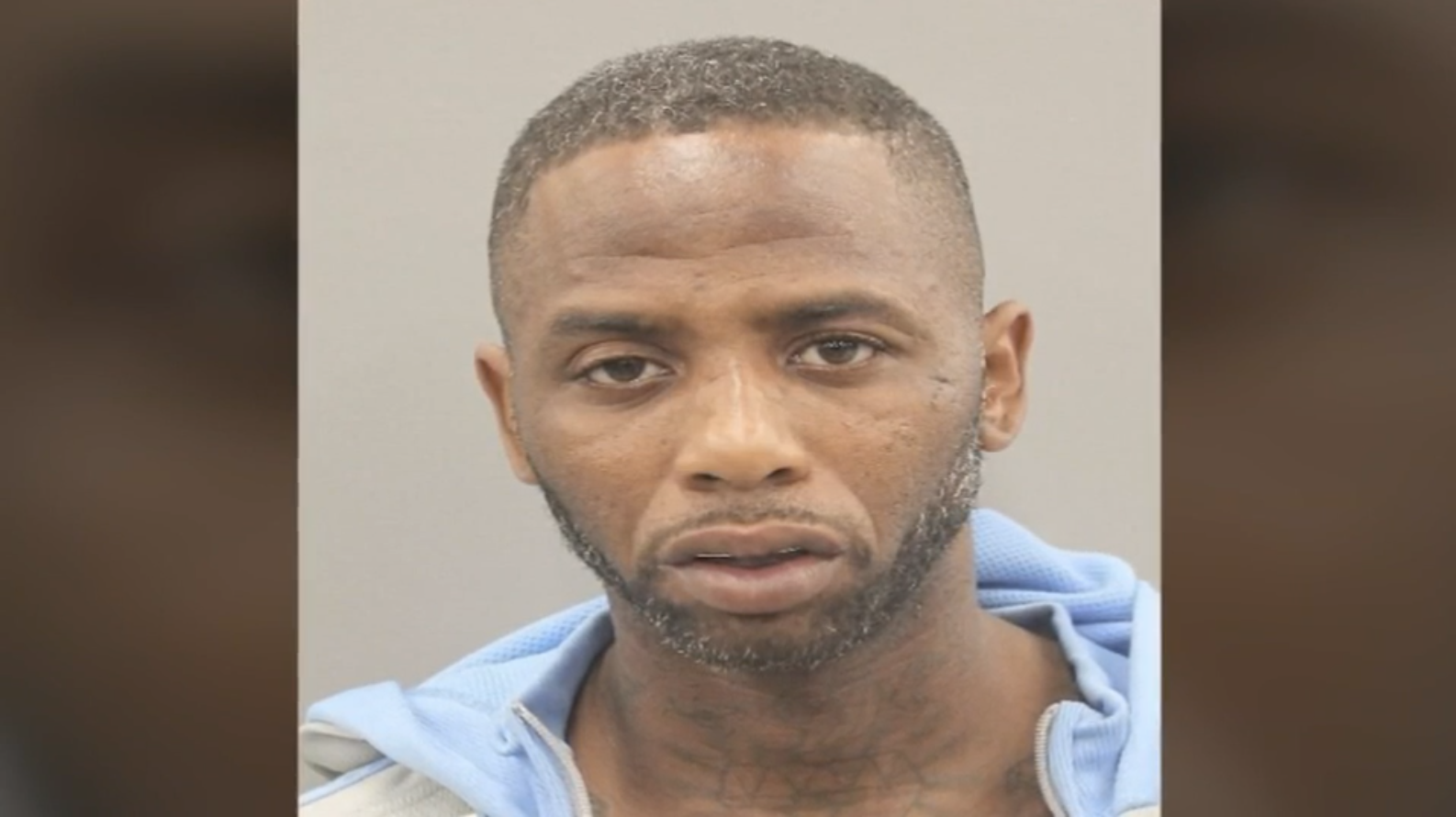
A Houston man out on five felony bonds has been charged with killing two men just weeks apart.
Houston police said 41-year-old Donald Lenor shot his stepfather, Reginald Lewis, in the head and then set the home he was inside of on fire on Aug. 16.
He was charged on Saturday with murder in connection with the case.
Read Full Article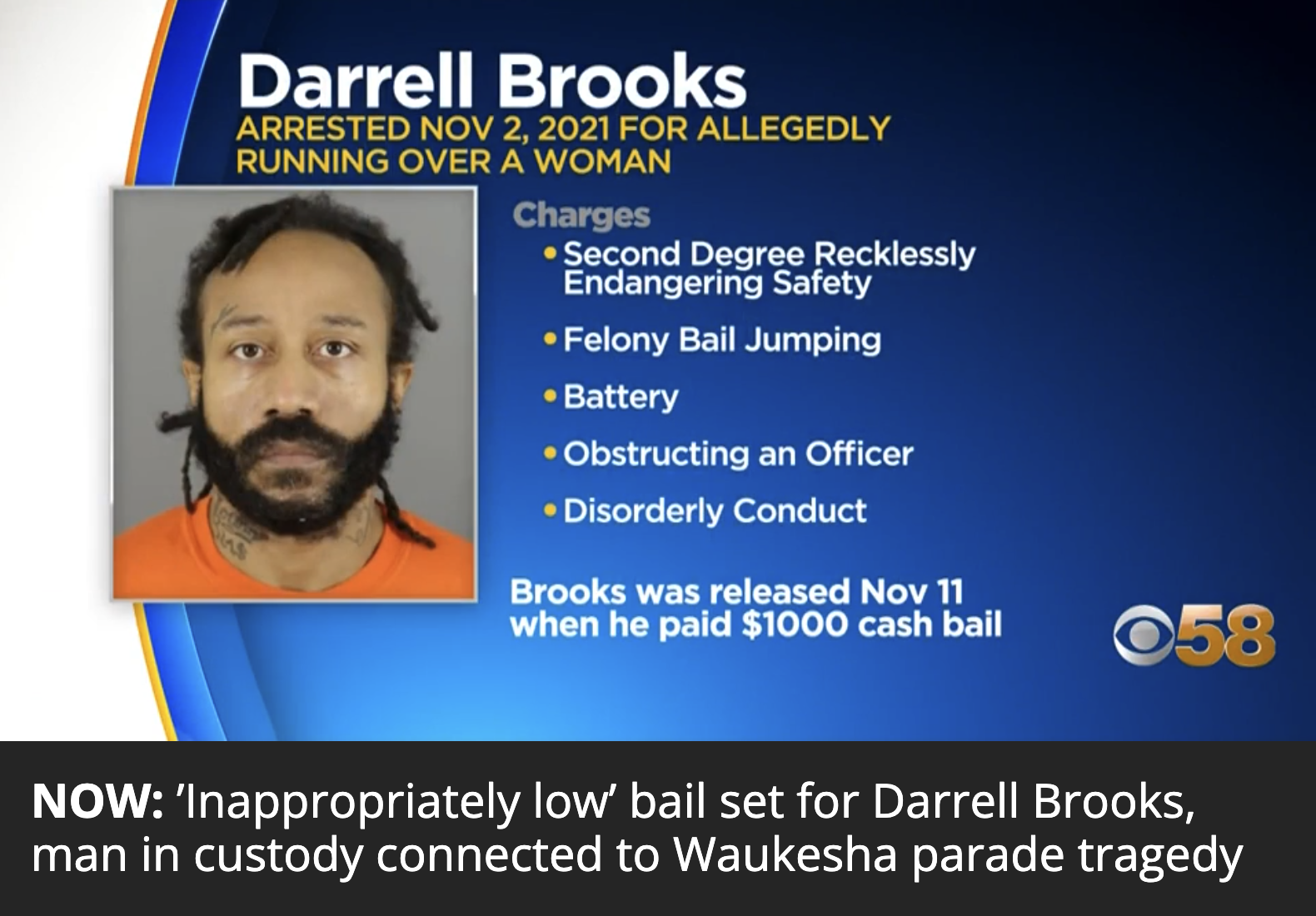
The Waukesha Police Department is referring five counts of intentional homicide for the man accused of ramming his SUV into the Waukesha Christmas Parade. Those charges carry possible life sentences, and there is the possibility more charges will be filed as the investigation progresses.
But this was not the first time Darrell Brooks allegedly ran over someone with his car. Just three weeks ago he ran over a woman he had a child with. But at the time his bail was set at just $1,000. He paid it and was released.
Now the Milwaukee County District Attorney’s office is conducting an internal review into why the bail was set “inappropriately low.”
Read Full Article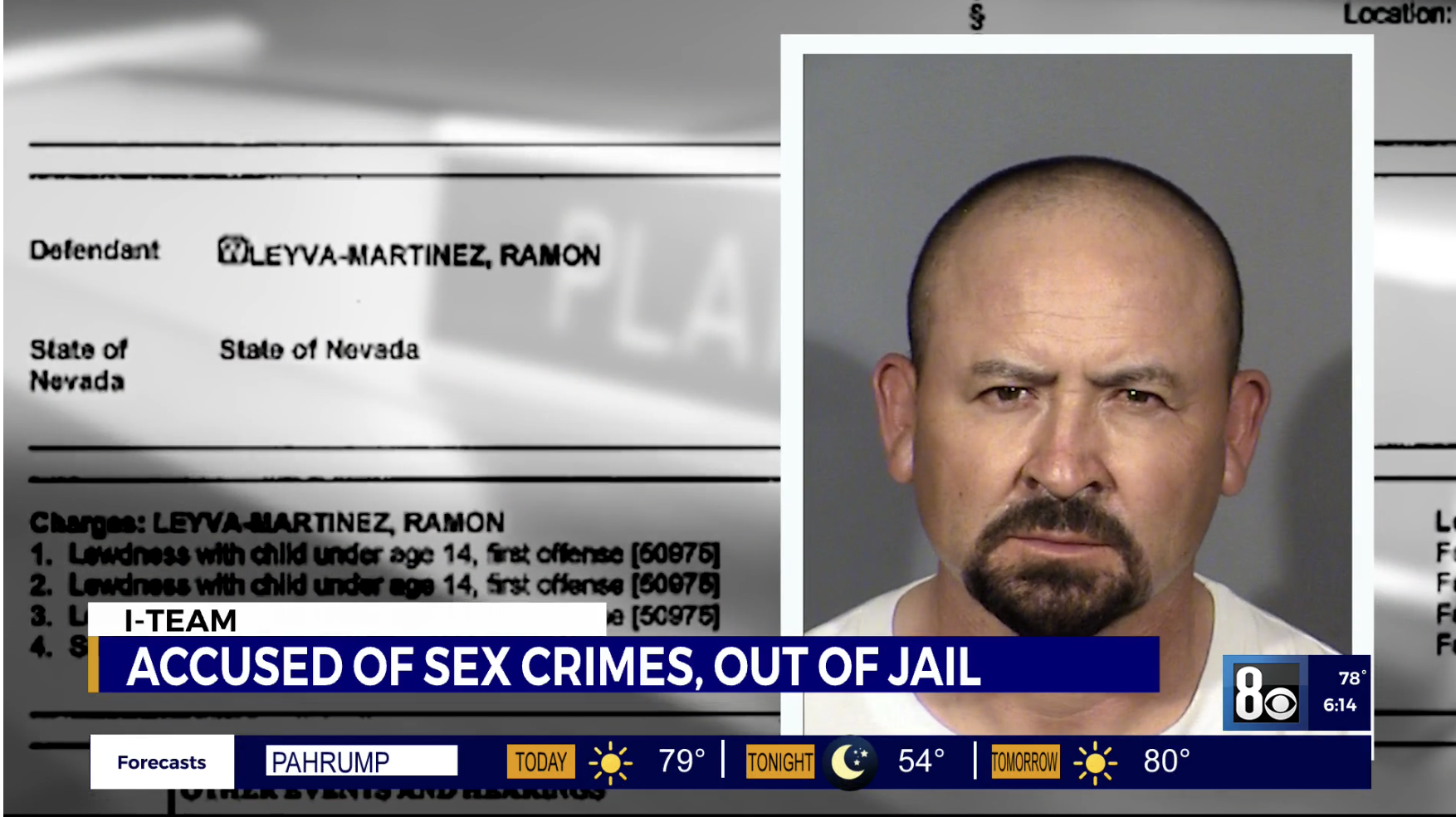
Prosecutors and defense attorneys tell the I-Team they agree that bail reform is evident in Nevada as defendants accused of more serious crimes are being released on their own recognizance or getting lower bails more frequently.
The I-Team examined several cases involving allegations of sex crimes against children.
Reino Pina-Castillejo was released on his own recognizance, meaning he didn’t have to pay anything and he was on electronic monitoring. Police say that a GPS monitor later tracked him to a murder.
Court records show Aaron Harris’ bond was set at $150,000 dollars with electronic monitoring. Nevada state law allows a defendant to pay a bondsman 15% of that to be released from jail. Police say Harris’ GPS also tracked him to a murder.
Ramon Leyva-Martinez’s bail was set at $1,000 dollars with no electronic monitoring.
Now he’s a fugitive.
Read Full Article
The ACLU sued on behalf of the Ku Klux Klan after it was rejected from joining the Adopt-A-Highway Program in Georgia. In May of 2012, several Blairsville residents who identified themselves as members of the International Keystone Knights of the KKK in Union County applied to state officials to adopt a 1-mile stretch of Ga. 515 near the North Carolina state line.
 Georgia transportation officials rejected the application, saying that promoting “an organization with a history of inciting civil disturbance and social unrest would present a grave concern.” Thousands of drivers would be subjected to seeing the name of the KKK emblazoned on signage every time they drove on Ga. 515, this would be traumatizing and infringe upon their rights to peaceable travel.
Georgia transportation officials rejected the application, saying that promoting “an organization with a history of inciting civil disturbance and social unrest would present a grave concern.” Thousands of drivers would be subjected to seeing the name of the KKK emblazoned on signage every time they drove on Ga. 515, this would be traumatizing and infringe upon their rights to peaceable travel.
ACLU attorney Kathleen Burch said, “We are pleased that the trial court’s order stands, allowing the KKK to participate in this program. It’s a free speech case. The government cannot limit participation in a government program to those it prefers. The government must allow all to participate on an equal basis.”

The NYCLU fought vigorously against amendments being made to New York’s pre-trial policies which prohibited judges from taking into account many serious and violent crimes when deciding if a defendant would be immediately released or require bail. Lawmakers proposed a list of serious crimes that a judge could consider requiring bail prior to release. The list included felony sex trafficking of a minor, 3rd degree arson when charged as a hate crime, aggravated assault, money laundering in support of terrorism, and vehicular assault to name a few.
New York City Police Commissioner Dermot F. Shea blamed the state’s new bail law – backed by the NYCLU – for a sharp rise in serious crimes. Shea also stated, “violent criminals are being returned to the community and will know the names of their accusers and where to find them.”
The NYCLU opposed Suffolk County legislation that eliminated the allowance of clustering sex offenders in one geographic area. The legislation also provided resources to verify sex registrants’ information and enhance community notification tools such as e-mail blasts.
The legislation stemmed from a previous effort to locate multiple sex offenders in trailers located in one section of the County. “Legislator Al Krupski said when he heard how the trailers were moved to the communities and left there, he wondered how the “criminal populations could be dumped on the East End. It was kind of unbelievable.”
NYCLU Opposes Efforts to Keep Sex Predators Away From Kids’ Video Games
 In August 2016, the NYCLU opposed Gov. Andrew M. Cuomo’s order to ban convicted sex offenders from playing the popular Pokemon Go game on cellphones. Cuomo added Pokemon Go to the banned and restricted activities for registered sex offenders on state-monitored parole and he also urged county probation departments to do the same. “Protecting New York’s children is priority number one and, as technology evolves, we must ensure these advances don’t become new avenues for dangerous predators to prey on new victims,” Cuomo said. (Newsday, “Pokemon Go! Sex offender ban opposed by NYCLU,” August 23, 2016)
In August 2016, the NYCLU opposed Gov. Andrew M. Cuomo’s order to ban convicted sex offenders from playing the popular Pokemon Go game on cellphones. Cuomo added Pokemon Go to the banned and restricted activities for registered sex offenders on state-monitored parole and he also urged county probation departments to do the same. “Protecting New York’s children is priority number one and, as technology evolves, we must ensure these advances don’t become new avenues for dangerous predators to prey on new victims,” Cuomo said. (Newsday, “Pokemon Go! Sex offender ban opposed by NYCLU,” August 23, 2016)
The ban was proposed following an investigative report by two New York State Senators who found that Pokémon materialized in front of Level 2 or 3 sex offenders’ homes 57% of the time, that Pokéstops (physical locations where kids would actually travel to) or Gyms were located within a half-block of convicted pedophiles’ residences 59% of the time and that a Pokémon-related item appeared near a high-level sex offenders’ residences 73% of the time.
The ACLU of Hawaii repeatedly attacked Hawaii’s efforts to create a “Megan’s Law” registry of sex offenders and predators. In 2001, the ACLU applauded the State Supreme Court’s decision to block the registry stating that “These are people who already paid a debt to society.” In 2004, the ACLU also opposed legislation to provide public access to sex offender registration, arguing that Hawaii’s sex offenders were not likely to reoffend. In 2005, the ACLU opposed the effort to require the most serious sex offenders’ registration information be made public, stating that it would have a devastating impact on the registrants who are subject to its provisions.”
The ACLU opposed AB 49, which made “Revenge Porn” a felony, which includes when someone distributes an intimate image with the intent to “harass, harm or terrorizes” another individual or attempts to sell the image. The bill also increased the prison sentence for sexually assaulting a child aged 14 years or younger. In addition, AB 49 made evidence of a predator “grooming” a child for sexual assault, prostitution or human trafficking admissible in court. The ACLU was more concerned about increasing the number of prisoners than the victims of sexually-related crimes.
ACLU Opposes Tougher Penalties for Fatal Hit and Run Drivers

In an effort to crack down on a rise in fatal hit and run accidents like this one, Nevada passed SB 245 which increased the punishment for fatal hit-and run offenders from a 15 year maximum sentence to 20 years. The ACLU opposed SB 245, along with a host of other bills aimed at protecting crime victims and sexual assault survivors.
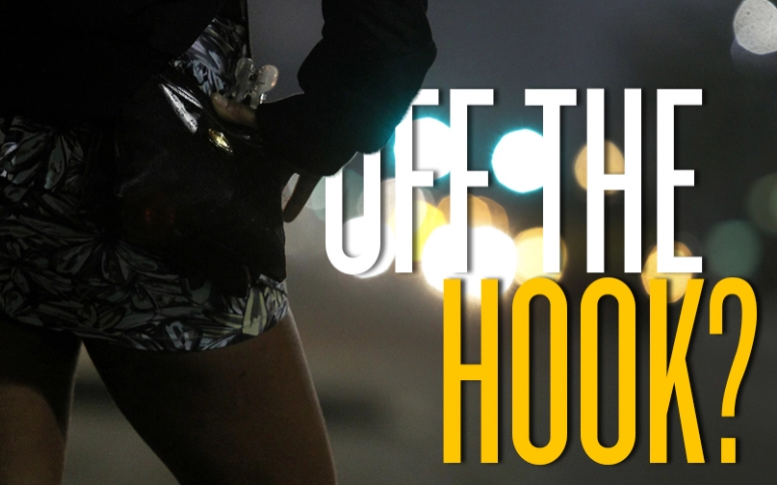
The ACLU of New Jersey advocated strongly for New Jersey to turn a blind-eye to all prostitution. This included a neighborhood-based sweep that led to 13 prostitution/solicitation arrests in Newark. The sweep, however, addressed “complaints of prostitution were coming from residents, ‘where sex acts are occurring in vehicles in front of their homes.”
Oblivious to the negative impacts of crime on residents’ quality of life, the ACLU ignores people like resident Roberta Green who stated: “’You’re telling me it’s about rights,’ said Green, the South Ward homeowner. ‘What rights do I have?’ ‘ Drugs, prostitutes” and other activity, she said, has “infested” the neighborhood. “I can’t wait for them to shut it down.”
A Maine bill sponsored by Reps. Gary Grant, D-Gardiner and Kenneth Fredette, R-Newport would make it a crime to intentionally display, distribute, or share a photograph, videotape, film or digital recording of another person in a state of nudity or engaged in a sexual act without their consent.
The bill became law and John Dunne Jr., 27 was the first Maine resident convicted under the new law. Dunne copied or uploaded a photo of an acquaintance who was topless from her boyfriend’s cellphone after the boyfriend left it on a table at The Cabin Restaurant in November. Dunne was an employee at The Cabin at the time.
He then uploaded the photo to two websites from his former home in Bath.
In 2016, the ACLU of Oklahoma was the major funder of two ballot measures, State Question 780 and State Question 782 which reduced sentences from felonies to misdemeanors for many property and drug-related crimes. The ACLU contributed over 96% of the cash for the two measures.
Law enforcement stated that these measures contributed to an increase in car break-ins and thefts. Before the laws’ passage, if someone stole more than $500 worth of items it was a felony. Now, it has to be more than a $1,000 stolen, otherwise it’s still a misdemeanor.
The Oklahoma Retail Crime Association reported that in the two years since the ACLU’s Question 780 was implemented, thefts increased 64%, the number of shoplifters reported to law enforcement increased 47% and the average amount stolen per incident increased 57%.
Read Full ArticleIn 2015, the ACLU of Utah supported HB 348 which decreased prison sentences for drug dealers from 1-15 years to no more than 5 years and lowered sentences for many other drug-related crimes. However, once implemented, the reform plan, Justice Reinvestment Initiative (JRI) did not invest the resources into drug treatment and mental health the supporters like the ACLU promised.
The ACLU’s JRI led to a significant “treatment gap” for people needing drug treatment programs and actually led to an increase in local jail populations as criminals were pushed from prison down to county jails. Reduced charges and sentences for these offenders translated into an increase in the jail population. A Utah Foundation report said one of the significant issues with this shift is the dearth of drug-treatment programs in many jails.
Read Full Article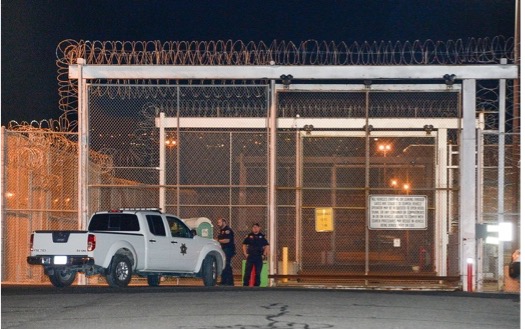
The ACLU aggressively lobbied for the passage of SB 91 which reduced prison sentences for most crimes with the exception of homicide. The bill also created a so-called “risk-assessment tool” that gives judges a computer-generated score ranking of how likely a suspect would show up to court if they were released without bail. However, this tool did not take into account factors like the severity of the charges in a defendant’s case, the possible sentence, potential harm to the public, weight of the evidence, a defendant’s ties to the community or their personal financial resources.
After further scrutiny of the “Catch and Release” program promoted by the ACLU, it was discovered that the computer assessment tool did not take into account crimes committed in other states, a glaring loophole for criminals, nor did it accurately determined who should be monitored. This report by KTVA 11 details cases, such as a felon arrested on gun charges related to a shooting outside a mall receiving mandatory release the day after her arrest and fleeing the state. Or David Ramos, who was released on being a felon with a gun and vehicle theft, mandated for immediate release, who then was re-arrested with stolen items of five other victims, including a firearm. The ACLU backed program was such a failure that according to the KTVA report, “more than half of the defendants who failed on PED supervision were released again during a check of an inmate locator.”
Read Full Article
In 2018, the ACLU of Kentucky opposed legislation (HB 169) that significantly increased penalties for gang-related activities. The bill elevated offenses to more serious crimes if gang activity was shown to be a factor. It also made gang recruitment a felony rather than a misdemeanor for adults and requires gang members convicted of violent crimes to serve 85% of their sentences before becoming parole eligible. The Kentucky League of Cities stated that the ACLU was “trying to protect the gangs spraying homes and children with bullets.”
Part of HB 169’s intent was to cut down on aggressive gang recruitment, sometimes violent recruitment, of Kentucky’s youth.
Read Full Article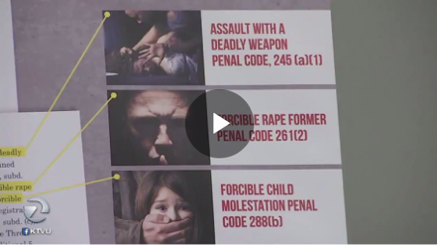
In 2016, the ACLU heavily supported Proposition 57 – that gave thousands of incarcerated convicted felons, some serving life sentences, reduced penalties and sentences. The ACLU misled voters into believing that only non-violent offenders would be eligible and not three-strike felons such as Gregory Gadlin. Gadlin was convicted of forcible rape, forcible child molestation and assault with a deadly weapon and because of Proposition 57 California’s Second Appellate District Court of Appeals confirmed that Gadlin, and criminals like him to qualify for early release.
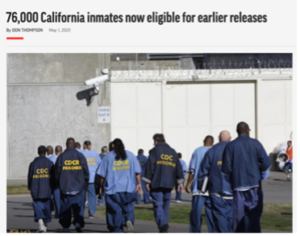
As predicted by crime victim advocates, police officers and district attorneys, Proposition 57 will open a floodgate of hardened violent criminals back onto California’s streets. In a recent secretive decision by state prison officials the mass early release of 76,000 prisoners was made possible by the deceitful ballot measure sponsored by the ACLU. Now, these convicted felons will get “good behavior credits” that shorten their sentences by one-third.
Read Full Article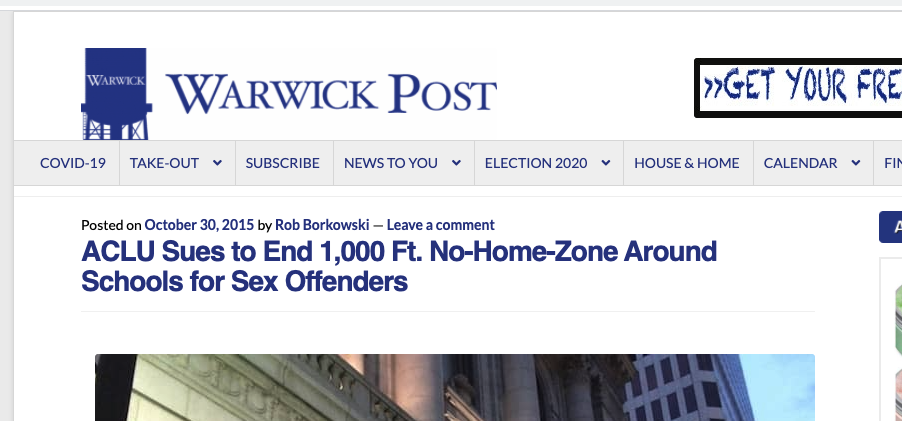
In October 2015, the ACLU of Rhode Island filed a lawsuit challenging a new state law barring high-risk sex offenders from living within 1,000 feet of a school. The ACLU filed suit in U.S. District Court on behalf of sex offenders deemed the highest risk to reoffend, challenging the constitutionality of the law that required Level III sex offenders living within 1,000 feet of a school to move or face felony prosecution.
Read Full Article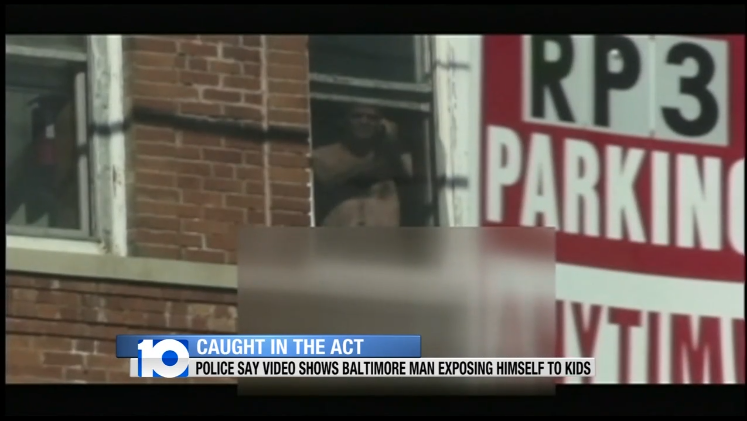
In June 2018, the ACLU of Ohio opposed legislation increasing penalties for people who masturbate in view of or expose themselves to children. The Ohio House voted 80-0 to pass the measure, which requires child predators to register as Tier 1 sex offenders for 15 years. People on the Tier 1 reporting list cannot live within 1,000 feet of a day care center or school. Gary Daniels, of the ACLU of Ohio, said in written testimony: “There is no evidence these policies and laws keep people safer or reduce recidivism. Exiling sex offenders and making it more difficult to find housing and employment increase the chances they will commit another offense.”
The law was inspired by an incident in Baltimore, Ohio where a man exposed himself over the course of multiple days to school children riding the bus home from school. Based on the current law at the time, which the ACLU heavily defended, perpetrators like this were not required to register as sex offenders
Read Full Article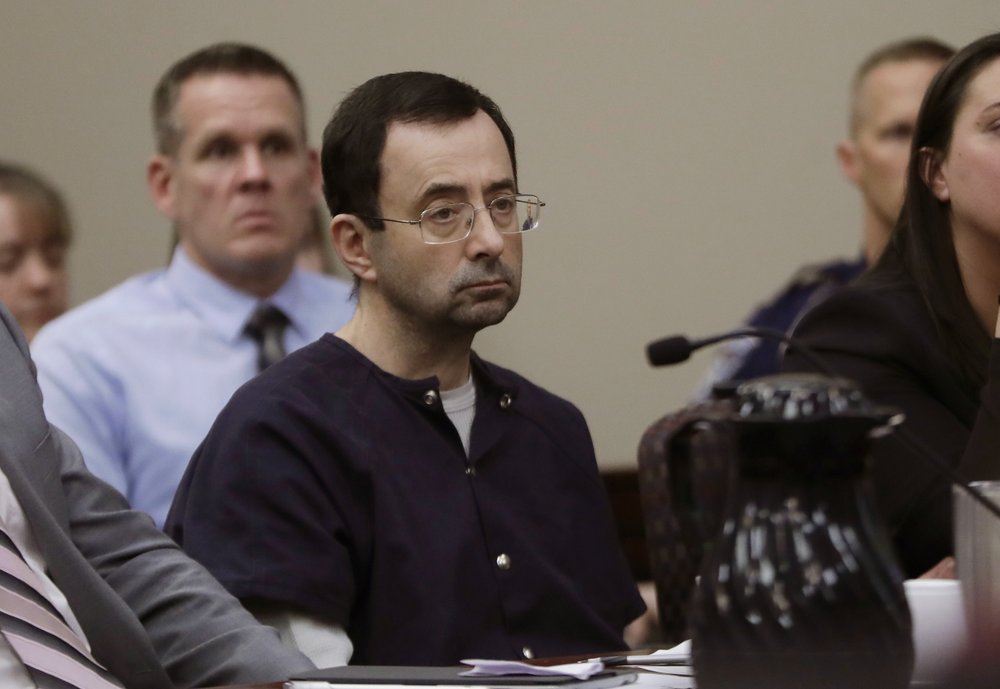
In February 2018, the ACLU of Michigan opposed legislation (SB 871 and SB 872) that extended the statute of limitations for both civil and criminal cases of sexual assault against children to 30 years beyond a person’s 18th birthday. The measure was part of a package of bills written after the sexual abuse scandal surrounding former Michigan State University sports doctor Larry Nassar came to light. More than 250 girls and young women came forward to say they were molested by Nassar during what was supposed to be medical treatment.
The ACLU Joined with the Michigan Catholic Conference to oppose the legislation. An ACLU attorney stated, “There are constitutional implications on the retroactivity on the statute of limitations. This makes illegal an act which was legal when it was committed.”
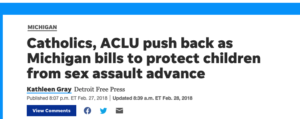
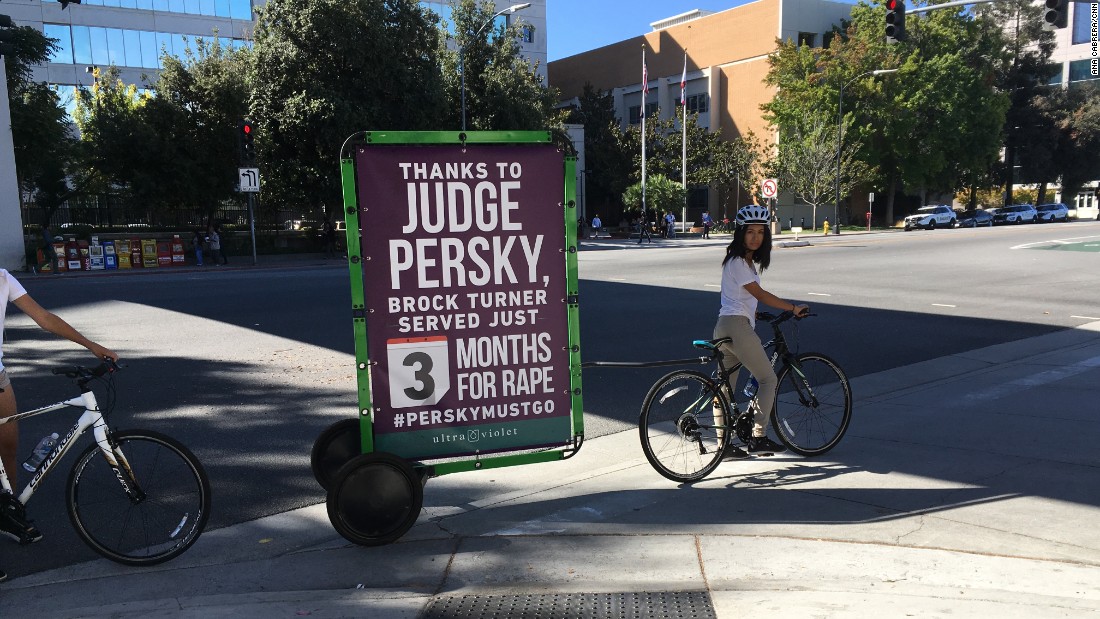
In 2016, the ACLU of California opposed AB 2888 which sends those convicted of sexually assaulting an unconscious person to prison for at least three years and makes them ineligible for probation. The previous law only applied to those convicted of sexually assaulting a conscious person. The ACLU sought to protect the status quo that allowed Stanford athlete Brock Turner to serve only three months for raping an unconscious classmate.
ACLU Opposed Legislation To Crack Down On Sex Offenders Who Disarm Their Electronic Trackers

In 2013, the ACLU opposed legislation (SB 57) to crack down on sex offenders who disarm their electronic trackers while on parole. The bill – signed by Gov. Jerry Brown in October 2013 – requires the offenders to be sentenced to 180 days and serve their entire parole revocation in jail.
The bill was inspired by a report that showed a sharp increase in reported cases of offenders removing their GPS devices. Many served little or no time behind bars after doing so, and some committed new crimes — including rape and murder — that might have been prevented if they had been kept in custody.
The ACLU sued a north Florida school district, claiming that the Alachua County School District violated the students’ rights by not allowing them to wear T-shirts emblazoned with “Islam is of the Devil” at school.
The school dress code prohibited clothing that would “disrupt the learning process” or cause other students to be “offended or distracted.” A federal judge ruled that the Alachua County School District dress code did not violate the students’ rights by barring them from wearing the “Islam is of the Devil” T-shirts.
Read Full Article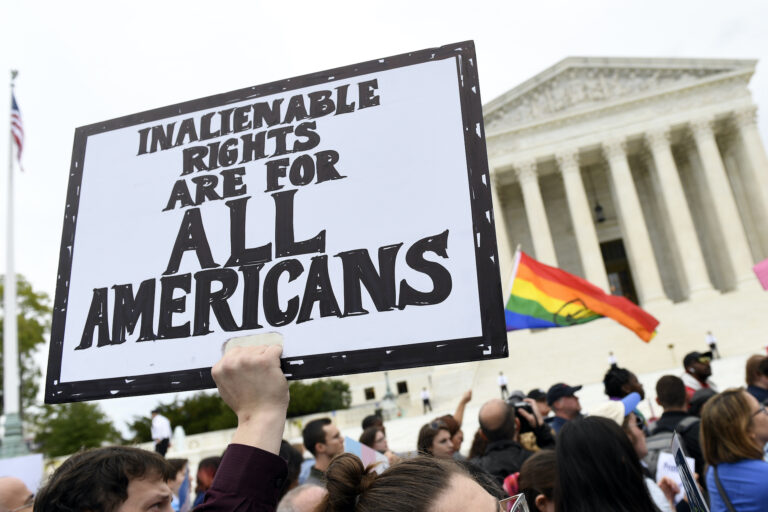
The ACLU of Pennsylvania raised concerns about legislation that would have expanded hate crimes laws to include sexual orientation and gender identity. Vic Walczak, legal director of the Pennsylvania ACLU, said the group was opposed to designating an act as a hate crime unless there is evidence of bias at the time the act was committed.
High profile crimes against specific groups across the state could not be prosecuted under the current state’s hate-crime law. If their groups had been included in the law, then those convicted could have received more severe sentences. The ACLU’s Walczak explained, “In other words, someone who commits a crime shouldn’t be prosecuted for a hate crime just because they belong to a hate group or own hate-group literature.”
Read Full Article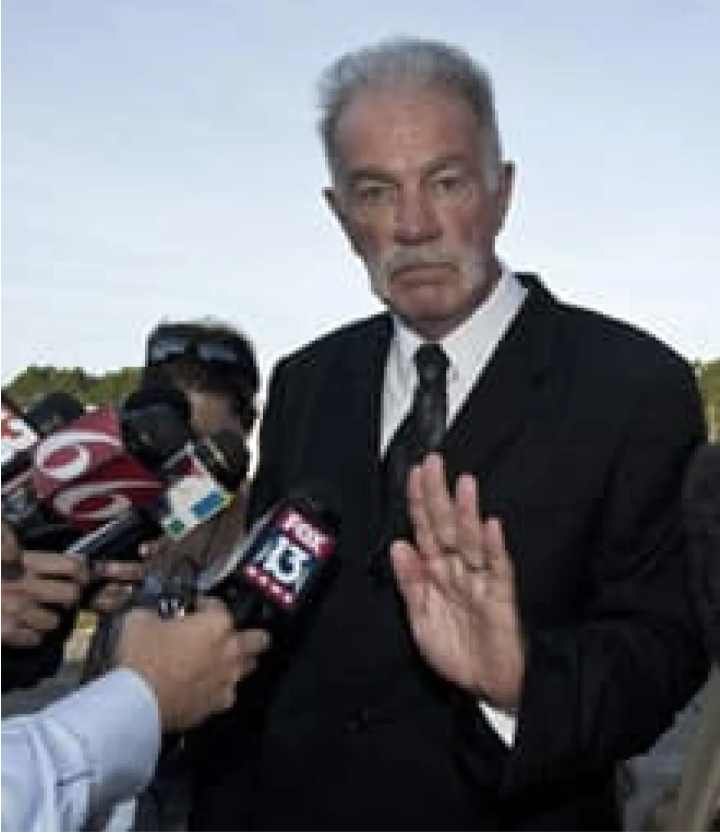
The ACLU of Michigan went to court to defend a Christian group that hates Islam against being removed from eh Arab International Festival in Dearborn in 2012. The Christian hate group were ordered to leave the festival or be cited for disorderly conduct. At the annual festival the group brought a pig’s head impaled on a rod and signs denigrating Islam’s prophet and anti-Islamic messages.
The festival, was not a religious event, it was a cultural event as not all Muslims are believers in Islam. The event was eventually cancelled for 2013.
Read Full Article
In 2011, the ACLU joined with the Topeka-based Westboro Baptist Church to oppose an ordinance in the city of St. Charles and St. Charles County, Missouri banning protests near funerals. The Southern Poverty Law Center describes the Westboro Baptist Church as “arguably the most obnoxious and rabid hate group in America”.
The ordinance allowed for protests during visitation, street and highway processions but not within 300 feet of the funeral and burial sites between an hour before and an hour after the observance. Westboro demonstrators target funerals of slain members of the military, members of the LGBTQ community and others that they hate.
The measure’s sponsor, Councilman Richard Veit, said: “It protects families at their most vulnerable moment when they’re grieving their lost loved ones.”
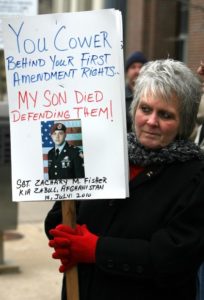

The KKK appeared to be targeting the homes of black families by throwing bags full of rocks with flyers promoting membership in the KKK. Rankin County Sheriff Bryan Bailey stepped in and told the KKK to stop littering or he would cite them.
Who did Brent Walker, Imperial Wizard of the United Dixie White Knights of the Mississippi KKK, turn to for help? The American Civil Liberties Union, of course. The Mississippi ACLU legal director, Paloma Wu wrote a letter threatening Sheriff Bailey if he cited the KKK for littering. She said that the flyers, “which expressed a viewpoint of white supremacy and invited recipients to seek Klan membership” did not constitute littering. Wu’s reasoning was that the state stature describes littering as the dumping of waste.
Read Full Article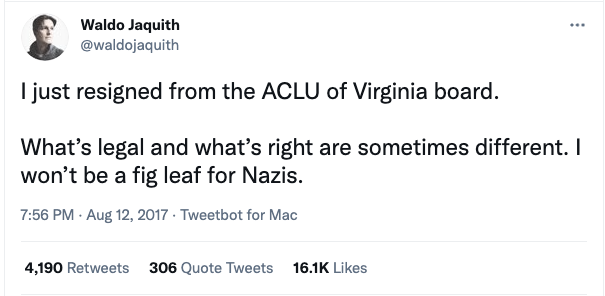
Waldo Jaquith resigned his position after violence broke out between white supremacists and counter-protesters in Charlottesville that resulted in the death of Heather Heyer who was rammed with a car.
The ACLU assisted organizer Jason Kessler fight the city effort to move the white supremacist rally out of the downtown area. Jaquith said in a series of tweets Aug. 12 that he resigned from the board of ACLU of Virginia because “what’s legal and what’s right are sometimes different. I won’t be a fig leaf for Nazis.”
Read Full Article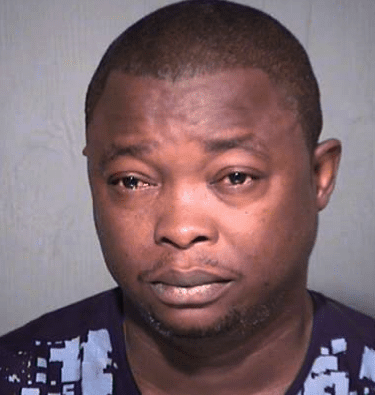
Arizona’s ACLU chapter successfully sued to block implementation of a law designed to outlaw revenge porn. The law, sponsored by Rep J.D. Mesnard, R-Chandler, made it a felony to “intentionally disclose, display, distribute, publish, advertise or offer” a photo, video, film, or digital recording of someone else who is naked, “if the person knows or should have known that the depicted person has not consented to the disclosure.”
As of June 2015, Maricopa County prosecutors had been unable to file charges in 10 cases under the Arizona statue targeting “revenge porn” because lawmakers had failed to amend the law in light of the ACLU litigation. Maricopa County Attorney Bill Montgomery said his office could not file charges for unlawful distribution of images, “…that left 10 cases where we haven’t been able to charge what otherwise would be a clear case of the unlawful distribution of images.”
Read Full Article
In 2019, the Idaho chapter of the ACLU opposed an Idaho Constitutional Amendment to expand Marsy’s Law giving crime victims “reasonable and timely” notification of a defendant’s hearing, release or escape.
Kathy Griesmyer, the Idaho ACLU’s policy director, said, “We have been opposed to Marsy’s Law since it first came to Idaho. A lot of the language being proposed…we feel it’s unnecessary they’ve had constitutional rights since 1994.”
Read Full Article
In 2016, the ACLU of California opposed legislation aimed at protecting young, vulnerable victims at the center of human trafficking cases when they testify in court. The legislation, AB 1276, sought to allow minors ages 15 or younger to testify through closed-circuit television outside the courtroom, where they could share their painful and often traumatic experiences away from the present of the defendant.
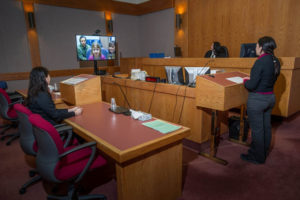
Proponents of the legislation said the cooperation of victims is often crucial to building cases against the profiteers of a human trafficking industry that generates billions of dollars and sweeps up hundreds of thousands of minors nationwide every year.
Read Full Article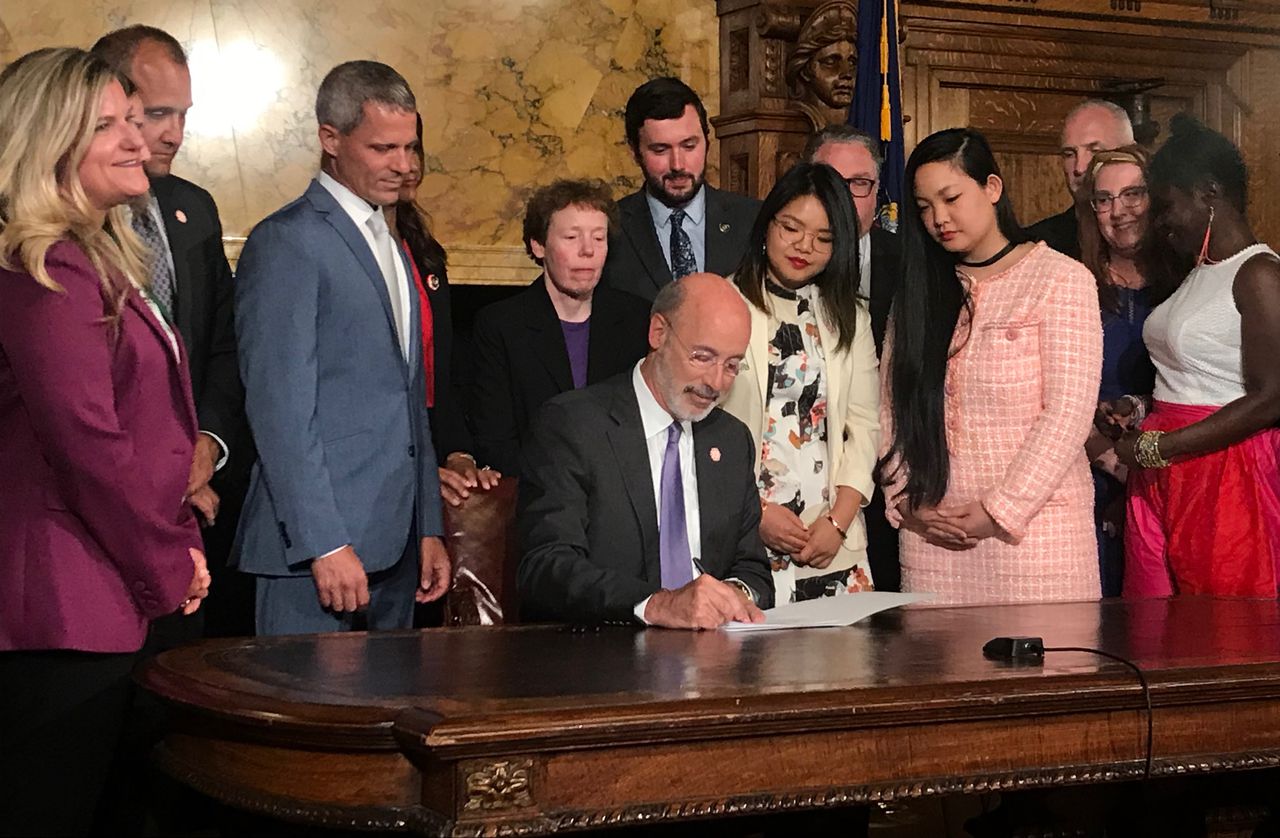
The ACLU of Pennsylvania opposed new laws expanding the rights of victims in criminal trials. The laws allow the use of out-of-court testimony, such as a pre-recorded video, from a child witness and allow all witnesses with autism and other intellectual disabilities to provide testimony outside the courtroom.
Read Full Article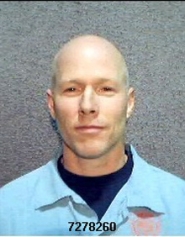
Don Rees, Multnomah County senior prosecuting attorney said the bill was limited to the most violent sex crimes involving physical force and the most vulnerable victims. The legislation was called for by three victims of serial rapist Richard Gilmore, known as the “Jogger Rapist.” Gilmore was convicted of raping 13-year-old Tiffany Edens and also confessed to to eight other rapes in the late 1970’s and early 1980’s but was not prosecuted for those crimes because the statute of limitations had expired.
The ACLU and the Oregon Criminal Defense Lawyers Association continued to oppose the legislation even after the harrowing testimony before the House Judiciary Committee from two of Gilmore’s victims. The victims testified talked about the trauma of being called to testify at his sentencing, knowing that he would never face a penalty for attacking them.
Read Full Article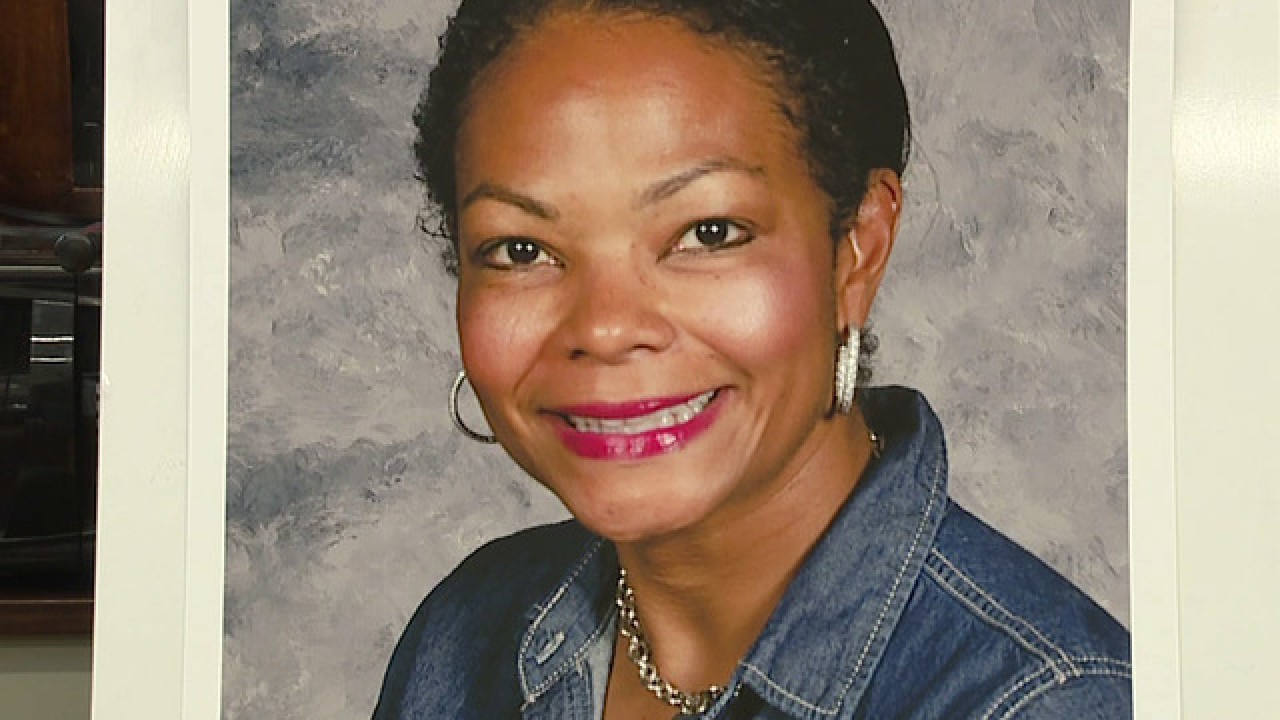
The ACLU of Ohio joined criminal defense attorneys in opposition to HB 3 that sough to better protect domestic violence victims. Aisha’s Law was named after Aisha Fraser, a beloved Shaker Heights teacher who was fatally stabbed by her former Husband, Lance Mason, a former judge and state lawmaker.
Mason was convicted of beating Fraser in the care while their children were in the back seat of the car. He punched her 20 times, smashed her hear in the dashboard and bit and choked her. Mason was eventually sentenced to life in prison after being convicted of murder. Aisha’s Law would have allowed prosecutors to use text messages, social media posts, and remarks from an alleged victim that are considered “hearsay” and not normally admissible in court.
Read Full Article
The Maryland ACLU opposed a bill that authorized victims of cyberbullying or their parents to sue their tormentors for injunctive relief against an alleged bully. The ACLU stood with alleged bullies and their free speech rights over victims of the alleged deplorable behavior.
Read Full Article